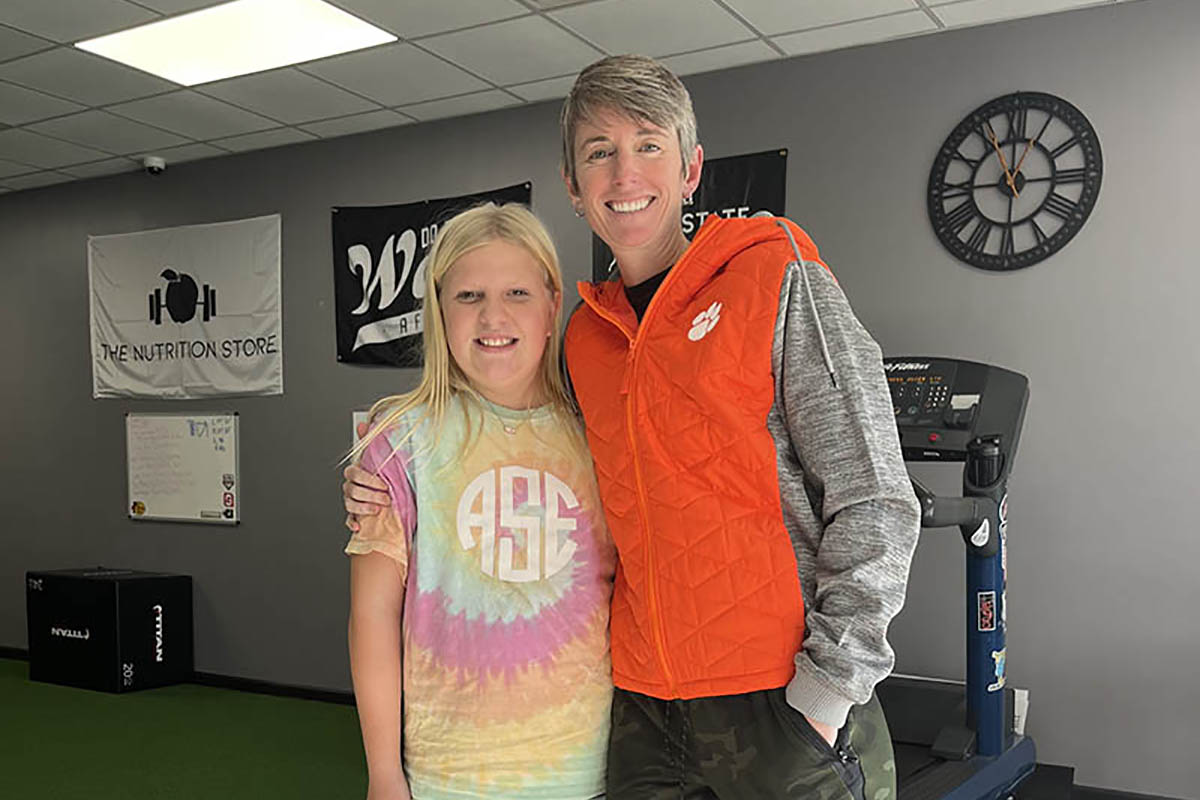In recent years, the discussion surrounding the appropriate age to start youth athletic training has gained significant attention. With parents eager to give their children a head start in sports, and with the rise of competitive youth leagues, the question of how early is too early to begin intense athletic training is more pertinent than ever. While physical activity is crucial for a child’s development, pushing them too hard, too soon can have negative consequences. Let’s explore this debate and find the balance between fostering a love for sports and avoiding burnout and injury.
The Importance of Physical Activity in Childhood
It’s undeniable that physical activity plays a vital role in a child’s development. From improving cardiovascular health to enhancing motor skills and coordination, sports and exercise offer numerous benefits. Additionally, participation in team sports can teach children valuable lessons in teamwork, discipline, and perseverance. Our rehab specialists have advanced medical degrees with specialties and provide discretion in how to progress training safely.
The Risks of Early Youth Athletic Training
One of the main concerns with starting youth athletic training too early is the risk of early specialization. Specializing in one sport at a young age can lead to overuse injuries, burnout, and psychological pressure. Furthermore, it limits a child’s exposure to a variety of physical activities, potentially hindering their overall athletic development.
Finding the Right Balance
So, how early is too early to start youth athletic training? While there is no one-size-fits-all answer, several factors should be considered:
- Physical Readiness: Children develop at different rates, both physically and emotionally. It’s essential to assess whether a child has the necessary physical capabilities and maturity to engage in organized sports and structured training.
- Emotional Well-being: Pay attention to a child’s enthusiasm and enjoyment of the sport. If they show signs of burnout or disinterest, it may be time to reassess the training regimen.
- Diversification: Encourage participation in a variety of sports and activities to promote overall athleticism and reduce the risk of overuse injuries. This approach allows children to discover their interests and strengths while developing a well-rounded skill set.
- Qualified Coaching: Ensure that youth coaches prioritize skill development, safety, and enjoyment over winning at all costs. A positive coaching environment can make all the difference in a child’s athletic journey.
Conclusion
At Progressive Mobility, we understand that while early youth athletic training can offer numerous benefits, it’s essential to approach it with caution. Balancing the desire for excellence with the well-being of the child is paramount. By prioritizing physical readiness, emotional well-being, diversification, and qualified coaching, we can help children develop a lifelong love for sports while minimizing the risks associated with early specialization. Ultimately, our goal is to foster healthy, happy athletes who can thrive both on and off the field.


